
Truly happy women aren’t those who’ve figured life out completely–they’re the ones who’ve learned how to stand on their own emotionally. Emotional independence doesn’t mean you stop needing people; it means your happiness, self-worth, and peace aren’t at the mercy of how others treat you. These women know how to self-soothe, set boundaries, and love deeply without losing themselves in the process.
Here are 18 rules they live by–practical, hard-earned, and life-changing if you’re ready to stop outsourcing your peace.
1. They don’t wait for others to make them feel valued
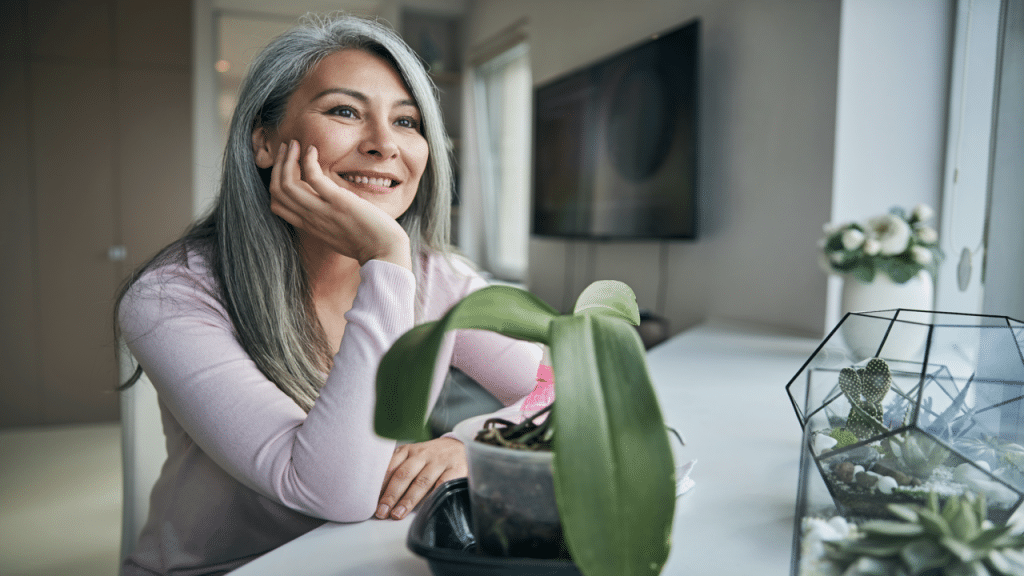
Emotionally independent women know validation is best when it’s internal. They don’t need someone else to constantly tell them they’re enough, because they’ve already done the inner work to believe it. Compliments feel nice–but they’re not the foundation of their self-worth. If you find yourself chasing approval, start by acknowledging your own wins and strengths daily. Over time, this rewires your brain to see your value without waiting for someone to confirm it.
2. They know how to sit with discomfort

Instead of running from loneliness, sadness, or rejection, they sit with it. Emotional maturity means not needing to escape every uncomfortable feeling through distractions or relationships. Happy women understand emotions are temporary waves–they rise, peak, and pass. When you stop resisting pain, you actually suffer less. The next time you’re uncomfortable, breathe through it instead of reacting. You’ll start to trust your ability to handle life, no matter what comes.
3. They set boundaries without guilt

They know boundaries aren’t walls–they’re gates that protect peace and energy. Setting limits doesn’t make them “difficult” or “cold”; it makes them self-respecting. They don’t over-explain their no’s or try to make everyone comfortable with their choices. Practice this: say no once this week without softening it or apologizing. Notice how liberating it feels to protect your time and emotional space.
4. They don’t chase closure from others
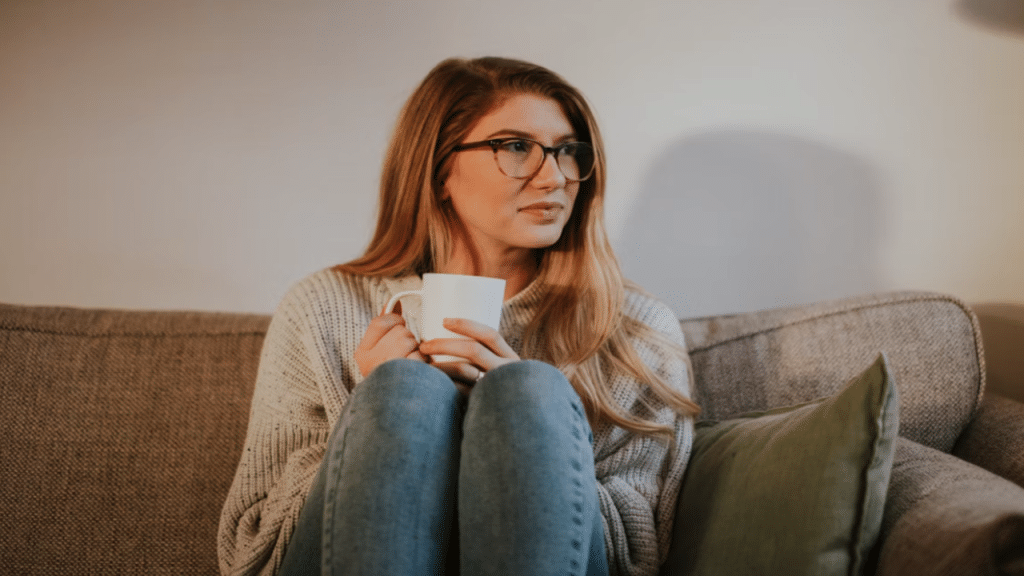
Emotionally independent women give themselves closure when someone won’t. They don’t beg for explanations or one last talk to make peace. Instead, they accept that some people will never give the answers they want–and that’s okay. Closure is something you create through acceptance, not something you wait for. It’s one of the most powerful forms of self-respect you can practice.
5. They separate feelings from facts

Happy women know that feeling unwanted doesn’t always mean they are unwanted. Emotional independence comes from recognizing that feelings are signals, not truths. Before reacting, they pause and ask, “Is this emotion based on evidence or assumption?” This simple habit saves them from unnecessary conflict and anxiety. When you learn to interpret your emotions instead of obeying them, you gain control over your peace.
6. They have hobbies and passions outside relationships
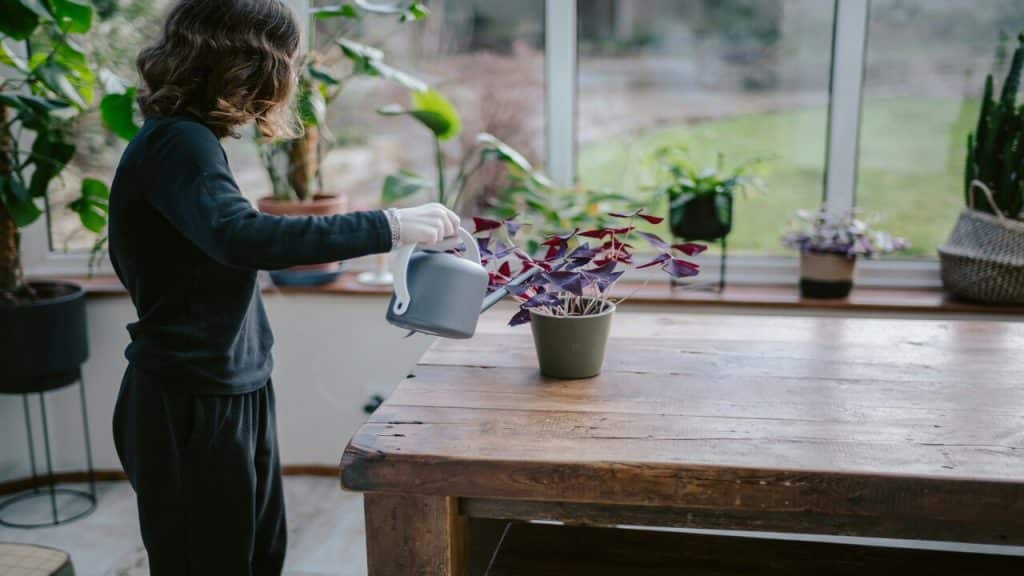
They understand that their life should remain full–with or without a partner or friend. Hobbies, creative outlets, and personal interests keep their sense of identity alive. These activities remind them who they are beyond someone’s girlfriend, wife, or mother. Start by giving yourself one hour a week to do something purely for you. It’s not selfish–it’s how you maintain a healthy sense of self.
7. They practice emotional self-regulation
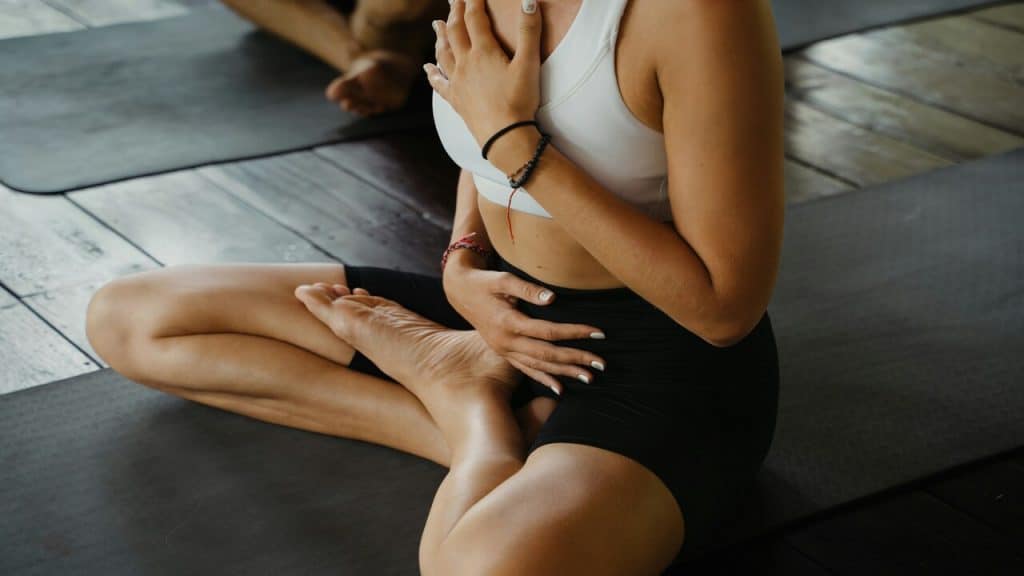
Emotional independence doesn’t mean you never feel intense emotions–it means you know how to manage them. The happiest women have learned to pause before reacting, to self-soothe before lashing out. They journal, take walks, breathe deeply, or vent privately before responding. This habit builds trust with themselves–because they know they won’t self-destruct over temporary feelings.
8. They don’t define themselves by their relationship status
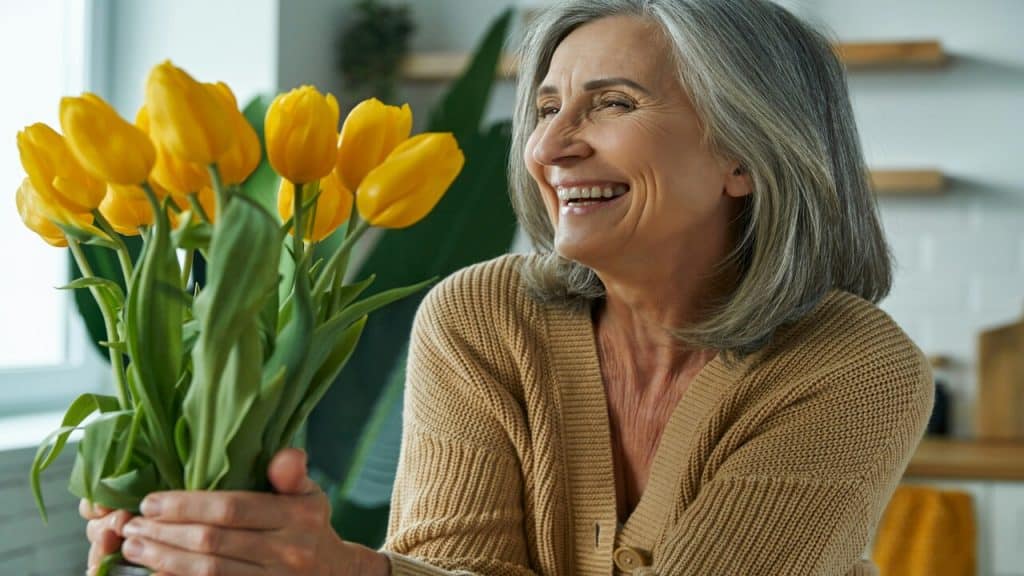
Emotionally strong women don’t see singlehood as a waiting room for life to begin. They know being single, dating, or married are just seasons–not definitions of worth. They cultivate fulfillment regardless of whether someone is beside them. If you’re single, stop treating it like a placeholder. Use it to build a version of yourself so whole that the right relationship becomes a complement, not a completion.
9. They choose emotional honesty over people-pleasing

They don’t sugarcoat their feelings just to keep the peace. Happy women have learned that being authentic may disappoint others–but it always brings inner calm. They’d rather express discomfort kindly than pretend everything’s fine. Practice saying what you feel in real time, even if it’s awkward. Emotional independence grows when your truth matters more than someone’s temporary approval.
10. They know their triggers and patterns

Instead of blaming others for emotional spirals, they study their reactions. They know what situations make them feel small, defensive, or anxious–and they take responsibility for managing those triggers. This self-awareness prevents them from projecting past wounds onto current situations. Keep a note on your phone: every time something upsets you deeply, write what triggered it and why. You’ll start seeing the patterns that hold your peace hostage.
11. They seek connection, not dependence
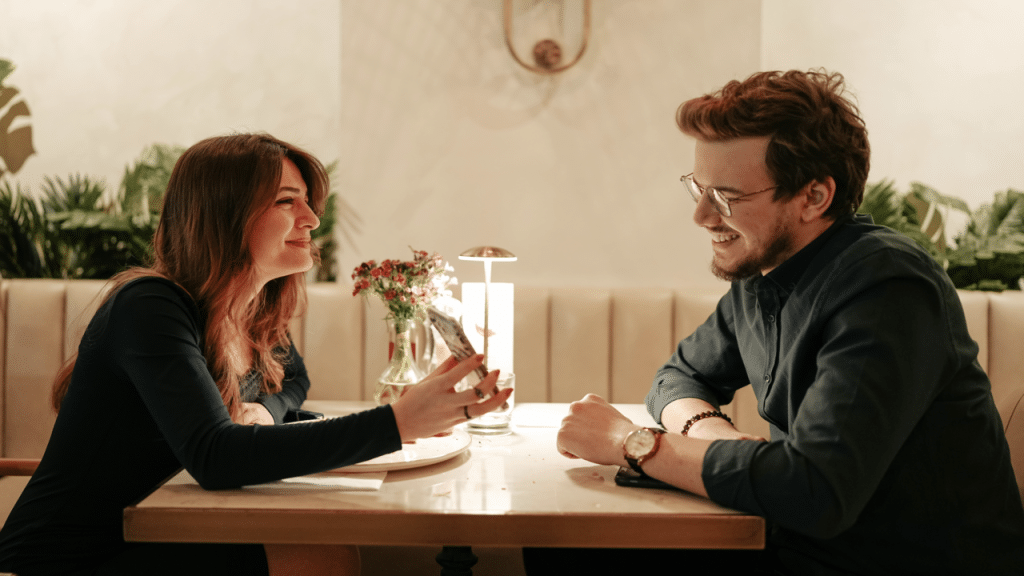
The happiest women love deeply, but not desperately. They know the difference between wanting someone and needing them to function. Emotional independence allows for healthy interdependence–where two people support each other without losing themselves. When love enhances your peace instead of replacing it, you’re in the right kind of connection.
12. They give themselves the love they crave
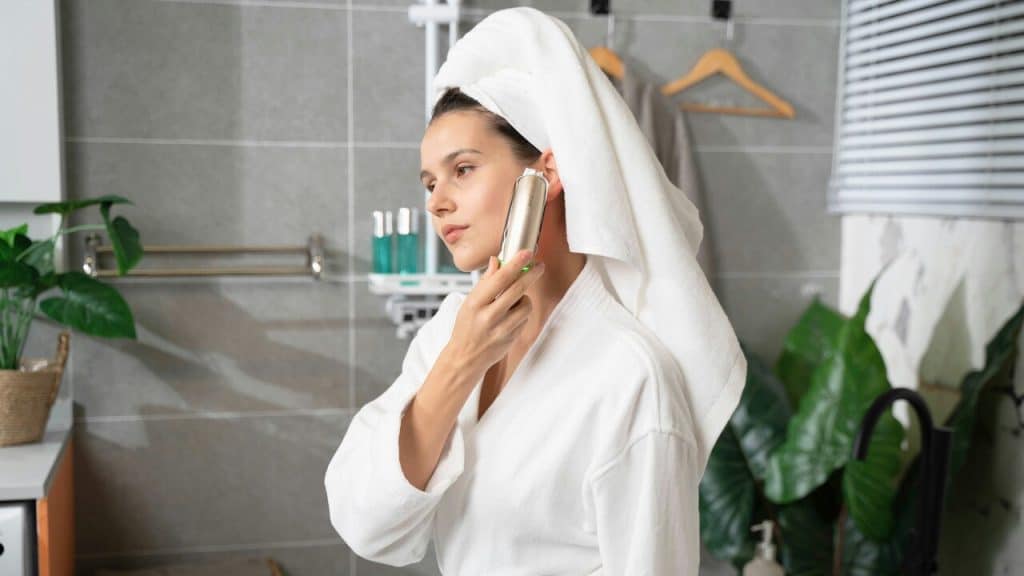
They don’t wait for grand gestures to feel cherished. If they want flowers, they buy them. If they want affection, they start by being gentle with themselves. They understand self-love isn’t cliché–it’s maintenance. Treating yourself with care trains your mind to expect respect from others. Every act of kindness you give yourself raises your emotional standard.
13. They accept that not everyone will understand them

Emotionally independent women stop explaining themselves to people committed to misunderstanding them. They don’t waste energy convincing others of their worth or intentions. They know peace comes from acceptance, not from universal approval. When you release the need to be understood by everyone, you create space to be truly known by a few.
14. They own their happiness as a daily choice

Happiness isn’t something that happens to them–it’s something they practice. They focus on gratitude, perspective, and small joys instead of waiting for perfect circumstances. Emotional independence thrives when you stop chasing “someday” happiness and start building it where you are. Start small: three things you’re grateful for every morning. It rewires your focus toward contentment.
15. They let go of control

They’ve learned the peace that comes from surrender. Not everything can be fixed, forced, or figured out right away–and that’s okay. Emotionally mature women release the illusion of control and focus on what they can manage: their reactions, mindset, and energy. Letting go doesn’t mean giving up–it means trusting that you’ll handle whatever comes next.
16. They allow themselves to receive

Strong doesn’t mean self-sacrificing. The happiest women know how to receive help, love, and care without guilt. They understand that independence and vulnerability can coexist. When you allow others to give to you, you create balanced relationships instead of one-sided ones. Practice saying “thank you” instead of “you didn’t have to” next time someone does something kind for you.
17. They protect their peace like it’s sacred

Peace isn’t a luxury–it’s a necessity. Emotionally independent women know who and what disturbs their calm, and they act accordingly. They choose their battles wisely and distance themselves from chronic drama. Protecting your peace isn’t avoidance–it’s wisdom. You don’t owe access to anyone who repeatedly drains your energy.
18. They see solitude as strength, not punishment

Finally, the happiest women are comfortable in their own company. They don’t fear quiet moments or empty weekends. Solitude isn’t loneliness–it’s restoration. It’s where they reconnect with themselves, reflect, and realign. When you stop fearing being alone, you start living from fullness rather than fear. And that’s where true emotional independence begins.






Ask Me Anything